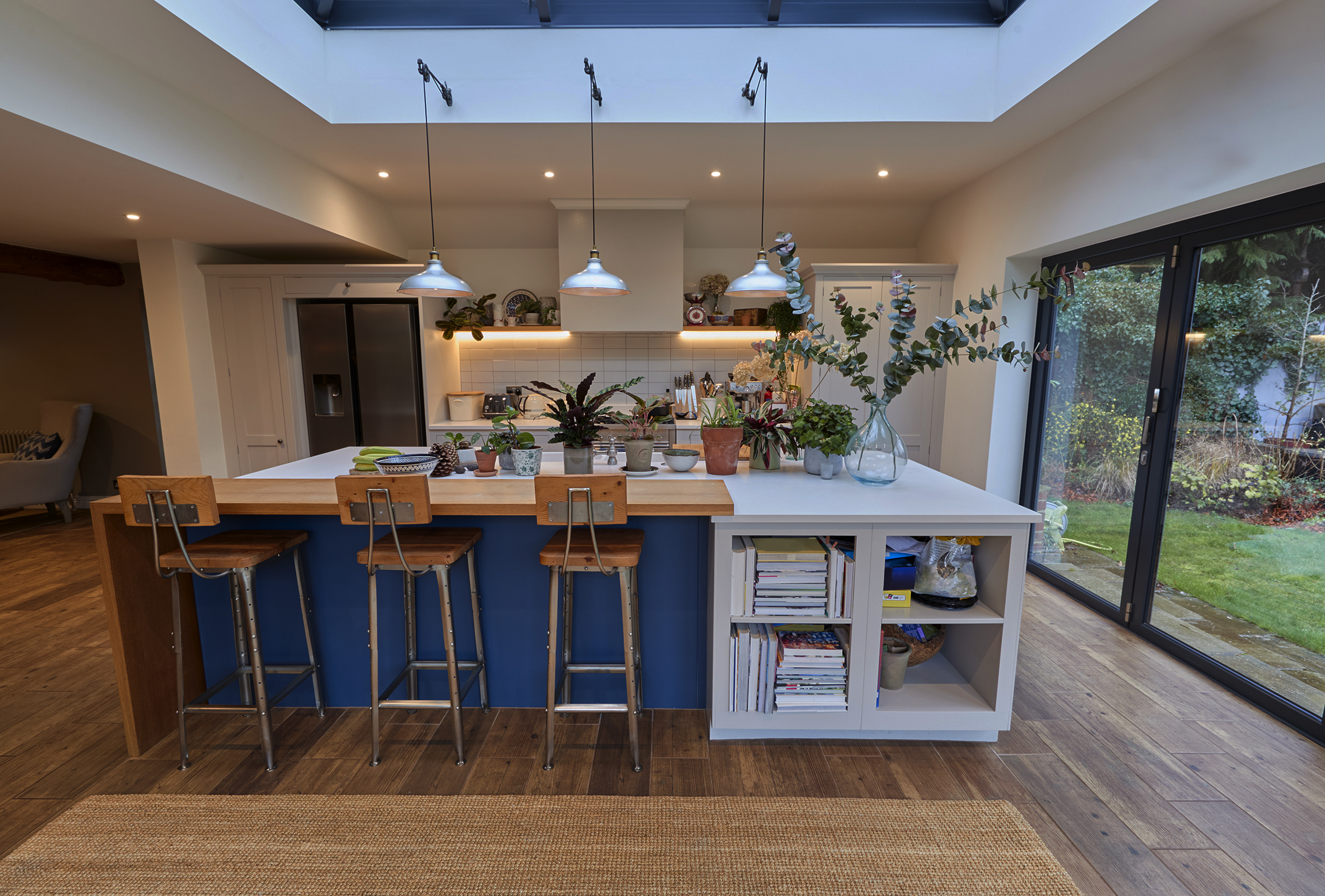Dutch ovens have become a staple in kitchens around the world, beloved for their versatility, durability, and ability to enhance the culinary experience. Whether you’re a seasoned chef or a cooking enthusiast, Dutch ovens offer a myriad of benefits that make them essential tools for any kitchen. In this blog post, we’ll explore the advantages of using Dutch ovens, the various types available, and tips for selecting the perfect one to suit your cooking needs.
Benefits of Using Dutch Ovens
Exceptional Heat Retention
- Even Cooking: Dutch ovens are renowned for their ability to distribute heat evenly, ensuring perfectly cooked meals without hot spots.
- Energy Efficiency: Due to their excellent heat retention, these pots require less energy to maintain cooking temperatures, making them an eco-friendly choice.
Versatile Cooking Techniques
- Baking and Roasting: From baking bread to roasting meats, Dutch ovens can handle a variety of cooking styles thanks to their robust construction.
- One-Pot Meals: Ideal for soups, stews, and casseroles, Dutch ovens allow for seamless transitions from stovetop to oven, simplifying meal preparation.
Durability and Longevity
- Built to Last: Made from high-quality materials like cast iron, Dutch ovens are incredibly durable and can withstand high temperatures.
- Timeless Investment: With proper care, a good Dutch oven can last a lifetime, making it a valuable addition to any kitchen.
Different Types of Dutch Ovens
Cast Iron Dutch Ovens
- Classic Choice: Cast iron Dutch ovens are traditional favorites, known for their strong build and excellent heat retention.
- Seasoned Surface: Many come pre-seasoned, creating a natural non-stick surface that improves with use.
Enameled Dutch Ovens
- Easy Maintenance: Enameled Dutch ovens have a smooth, glossy coating that prevents rust and eliminates the need for seasoning.
- Colorful Variety: Available in a range of colors, they add a touch of style to your kitchen while performing beautifully.
Ceramic Dutch Ovens
- Versatile Use: Ceramic options are perfect for slow-cooking and can be used in the oven and microwave, though they may not be suitable for stovetop use.
- Gentle Cooking: These are excellent for dishes that require gentle, even heat over a long period.
Tips for Choosing the Right Dutch Oven
Size and Capacity
- Assess Your Needs: Consider the size of your household and the types of meals you plan to prepare. Larger families or batch cooking require bigger capacities.
- Storage Considerations: Ensure you have adequate space to store your Dutch oven, as they can be quite heavy and bulky.
Cooking Compatibility
- Stovetop Suitability: Make sure your Dutch oven is compatible with your stovetop type, particularly if you have an induction cooktop.
- Oven Safety: Check the temperature limits to ensure your Dutch oven is safe for use in high-temperature baking and roasting.
Budget and Brand
- Invest Wisely: While high-end brands may come with a steeper price, they often offer superior quality and longevity.
- Brand Reputation: Research brands for reliability and quality to ensure you’re investing in a product that will stand the test of time.
Conclusion
Dutch ovens are more than just cooking vessels; they are versatile, reliable, and capable of elevating your culinary creations. By understanding the benefits, types, and selection tips, you can choose the perfect Dutch oven that meets your cooking style and needs. Embrace the versatility and timeless appeal of Dutch ovens, and enjoy the endless possibilities they bring to your kitchen adventures.

